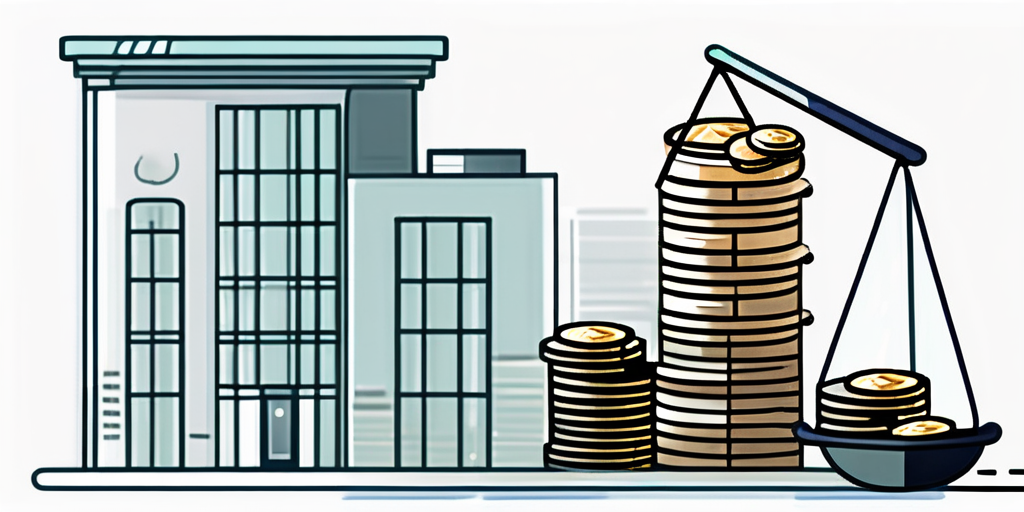Welcome, dear reader, to the wild and wacky world of Excise Tax! You might be thinking, “Excise Tax? That sounds about as exciting as watching paint dry.” Well, buckle up, because we’re about to embark on a thrilling journey into the heart of this misunderstood marvel of the tax world.
Excise Tax, also known as the “fun tax” (okay, nobody calls it that, but we’re trying to keep things light here), is a tax levied on specific goods or services. It’s like the bouncer at a nightclub, demanding a cover charge for specific items. Now, let’s dive into the nitty-gritty details, shall we?
The Basics of Excise Tax
Excise Tax is like that annoying friend who always insists on splitting the bill exactly, even when you only had a salad and they ordered the steak. It’s a tax that’s applied to specific goods or services, such as alcohol, tobacco, and fuel. It’s not a blanket tax like sales tax, but rather a selective one. It’s the tax world’s version of picking teams for dodgeball.

Excise taxes are usually hidden in the price of a product, like a sneaky ninja. You don’t see it, but it’s there, silently adding to your bill. It’s also often levied on items considered harmful or linked to health issues, like cigarettes and alcohol. It’s the government’s way of saying, “Sure, you can enjoy these things, but it’s going to cost you.”
Why Excise Tax?
So why does Excise Tax exist? Well, it’s not just to annoy us. Excise taxes serve several purposes. They can discourage consumption of certain goods (like our friends alcohol and cigarettes), raise revenue for the government (because who doesn’t love more money?), and offset the costs of related goods or services (like healthcare costs associated with smoking).
Excise taxes are also used to fund specific programs. For example, the federal excise tax on gasoline helps fund highway and transportation projects. So, next time you’re cursing the price at the pump, remember that you’re contributing to that new bypass they’re building.
Types of Excise Tax
Like the different types of candy in a candy store, there are several types of Excise Tax. Let’s unwrap them, shall we?
First, we have Ad Valorem Excise Taxes. These are based on a percentage of a product’s price. It’s like your friend who always wants a percentage of your fries, no matter how many you have. Then, we have Specific Excise Taxes, which are based on quantity. It’s a flat rate, like paying a set amount for each bag of candy you buy, regardless of the price.
Ad Valorem Excise Taxes
Ad Valorem Excise Taxes are like a nosy neighbor, always interested in the value of what you’re doing. They’re based on the value of a product or service. For example, if you buy a luxury car, you’ll pay a percentage of the car’s value as excise tax. The more expensive the car, the higher the tax. It’s like the tax version of ‘the more you spend, the more you lose’.
These taxes are often used for luxury items, like jewelry, yachts, and private jets. It’s the government’s way of saying, “If you can afford to splurge on these, you can afford to pay a little extra tax.”
Specific Excise Taxes
Specific Excise Taxes are like that flat rate shipping fee you pay, no matter how much you order. They’re based on quantity, not value. For example, you might pay a certain amount of tax for each gallon of gas you buy, regardless of the price.
These taxes are often used for goods where quantity matters more than price, like fuel and cigarettes. It’s the government’s way of saying, “It’s not about how much it costs, it’s about how much you’re using.”
Excise Tax and Business
Now, let’s talk about how Excise Tax affects businesses. It’s like a surprise guest at a party, adding an extra layer of complexity to the mix. Businesses that produce or sell goods subject to excise tax have to deal with this tax in their pricing and accounting.
For businesses, excise taxes can be a bit like a game of hot potato. They’re usually the ones who pay the tax to the government, but they often pass the cost on to consumers in the form of higher prices. So, while it might seem like businesses are the ones getting taxed, it’s often the consumers who end up footing the bill.
Impact on Pricing
Excise taxes can have a big impact on pricing. They can make products more expensive, which can affect demand. It’s like adding an extra hill on a bike ride – it makes the ride more challenging and might make some people decide to stay home.
For example, if a pack of cigarettes has a high excise tax, it will increase the price. This might discourage some people from buying cigarettes, which is one of the goals of the tax. But for those who continue to buy, they’ll be paying more for their habit.
Impact on Accounting
Excise taxes also add an extra layer of complexity to a business’s accounting. They have to be tracked and reported separately from other taxes. It’s like having to keep track of your regular laundry and your delicates separately. It’s more work, but it’s necessary to keep everything in order.
Businesses have to file regular excise tax returns, showing how much tax they’ve collected and paid. This requires careful record-keeping and can be a significant administrative burden. It’s like having to keep a detailed diary of all your meals for a diet – it’s a lot of work, but it’s necessary for the diet to work.
Conclusion
So there you have it, a whirlwind tour of the exciting world of Excise Tax! We’ve laughed, we’ve cried, and we’ve learned a lot about this unique form of taxation. Whether you’re a business owner dealing with excise taxes or a consumer wondering why your cigarettes are so expensive, we hope this guide has been helpful – and entertaining!
Remember, Excise Tax is not just a boring tax term. It’s a complex and fascinating part of our economic system, funding important programs and influencing consumer behavior. So next time you’re at a party and someone brings up Excise Tax, you can impress them with your in-depth knowledge. Or at least, you can try to make them laugh with a few tax jokes!


